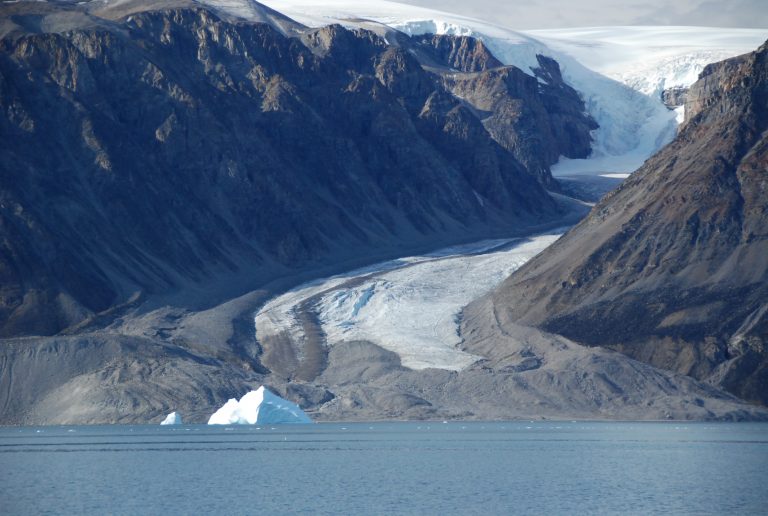

Courtesy of Michele Koppes
A study published today in Nature has found that urgent action is needed to protect the fresh water supply for almost 2 billion people around the world.
Prof. Michele Koppes is part of an international team, led by Utrecht University, evaluating how reliant we are on key fresh water reservoirs held in mountain ‘water towers’.
These glaciers, snow packs, high-elevation lakes and wetlands provide a vital water supply for 20% of the people on Earth. They are increasingly pressured by climate change, land use and a growing global population.
Each water tower was assessed for its vulnerability to water stress, governance, hydropolitical tension and future climactic and socio-economic changes. This is the first time such an analysis has been done on a global scale.
The Pacific Northwest’s Columbia water tower, along with British Columbia’s Fraser River, proved to be the most important in North America, in the team’s analysis. In Aisa, the Indus water tower serves 235 million people in India, China, Pakistan, Afghanistan, Nepal and Kashmir.
“We have big demands on the water from these water towers,” says Prof. Koppes, “and we have to understand better how they’re changing.”
This means both conserving water now, and planning for more sustainable water use in the future. These are issues facing populations in North America and Europe just as much as the global south.
“We have to be thinking about the whole world at this point,” she says.
You can read further coverage from National Geographic, Global and the CBC.


